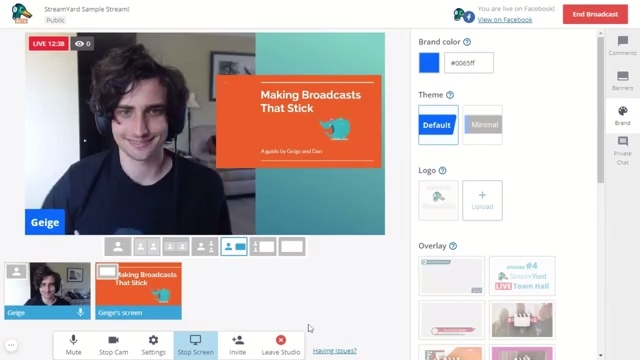
There are two types of remote companies:
Remote First
and
Remote Forced
When you're looking for a new role make sure to join a company that is Remote First.
🌐💻
Remote First
and
Remote Forced
When you're looking for a new role make sure to join a company that is Remote First.
🌐💻
Before checking the "Remote" filter on a job board would cut the list down by half. Today most roles are remote friendly.
But remote doesn't mean the same thing at every company. Understand the difference between companies that are Remote First & those that are Remote Forced.
But remote doesn't mean the same thing at every company. Understand the difference between companies that are Remote First & those that are Remote Forced.

Remote first companies:
1. Focus on async communication: They understand that communication doesn't have to happen in realtime.
Often the best communication is async: someone can create a post or video when it's right for them & everyone else can consume it on their schedule.
1. Focus on async communication: They understand that communication doesn't have to happen in realtime.
Often the best communication is async: someone can create a post or video when it's right for them & everyone else can consume it on their schedule.
2. Everyone operates from the same location: remote.
This means every team member has equal access to information and participation in meetings or Slack conversations. No one is left out because they are in a different city or office.
This means every team member has equal access to information and participation in meetings or Slack conversations. No one is left out because they are in a different city or office.

3. Have a developed habit of working & problem solving in public.
Team members leave breadcrumbs of what they are working on & show first drafts for early feedback or to mark progress. Because communication happens in an open forum there are fewer silos & surprises across teams.
Team members leave breadcrumbs of what they are working on & show first drafts for early feedback or to mark progress. Because communication happens in an open forum there are fewer silos & surprises across teams.
4. Encourage strong writing habits.
Writing is a skill that remote first teams embrace and work to improve. Longer isn't better, clearer is better.
Writing is a skill that remote first teams embrace and work to improve. Longer isn't better, clearer is better.

5. Embrace global perspectives as a company.
Teams at remote first companies bring their perspectives and styles from all over the globe to help build a better company for a global customer base.
Teams at remote first companies bring their perspectives and styles from all over the globe to help build a better company for a global customer base.

6. Finally, we have a vested interest in creating & iterating remote habits for the long-term—if it doesn’t serve the team, we don’t practice it.
--
Remote forced companies take a short term approach: there's no need to perfect remote habits if you'll default back to in-office.
--
Remote forced companies take a short term approach: there's no need to perfect remote habits if you'll default back to in-office.
Remote forced companies focus on tracking time worked & if your dot is green in Slack over specific results.
They struggle with remote communication tools & don't create meaningful documentation.
They struggle with remote communication tools & don't create meaningful documentation.

In-person employees have an advantage when it comes to access, information, and influence.
If you aren't in the room (virtual or physical) for the conversation then there's not a good way to participate, have your voice heard, or catch up later.
If you aren't in the room (virtual or physical) for the conversation then there's not a good way to participate, have your voice heard, or catch up later.
The good news is that many remote forced companies can become remote first by learning specific skills & habits.
So long as the company leadership sees remote as the future for their company—rather than just waiting eagerly to re-open the office—these skills can be learned.
So long as the company leadership sees remote as the future for their company—rather than just waiting eagerly to re-open the office—these skills can be learned.

As a team member you can actively develop them and bring best practices to your teams. But if you haven't done it before, you're better off learning hands on from a remote first team rather than from books and blog posts.
In Harry Potter, Dumbledore talks about the difference between being dragged into the arena to fight vs walking into the arena of your own free will.
Either way you're in the arena, but how and why you got there changes everything.
Either way you're in the arena, but how and why you got there changes everything.

Remote work isn’t a fight to the death against a dark lord, but it is an arena that we are all now in—whether we want to be or not.
Remote first companies choose remote because we believe it's a better way to work, are good at it, & relentlessly form new habits to keep improving
Remote first companies choose remote because we believe it's a better way to work, are good at it, & relentlessly form new habits to keep improving

When you're interviewing for a role always ask:
"Is your company remote first or remote forced?"
You’ll always be better at something you do because of passion rather than coercion.
"Is your company remote first or remote forced?"
You’ll always be better at something you do because of passion rather than coercion.
• • •
Missing some Tweet in this thread? You can try to
force a refresh















